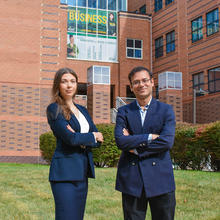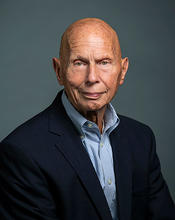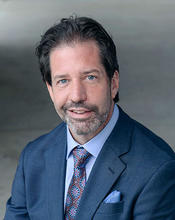- September 27, 2023
Online technology has made real-time performance feedback a workplace reality. But a pair of Mason professors have found out about a major bias in the system.
- September 18, 2023
When government contractors merge, comparing their customers can predict a lot about how investors will respond to the deal.
- September 15, 2023
It’s not the combined skill level of the team that counts, so much as the chemistry (or lack thereof) between the members.
- September 12, 2023
When it comes to relationships between co-workers, organizations’ stated priorities must match what’s happening under the hood.
- August 31, 2023
A Mason professor finds yet another example of the value of diversity in senior management teams.
- August 9, 2023
A new "mega-study" consisting of dozens of simultaneous, independently designed experiments shows that competitions have no automatic impact on our morality.
- August 2, 2023
Mason Management Professor Matthew Cronin, highlights two blind spots in our thinking about mental health that are hindering progress toward more mindful workplaces.
- July 26, 2023
George Mason University School of Business boasts more than 60 full-time, research-active faculty across the accounting, finance, information systems and operations management, management, and marketing areas. In addition to pursuing research questions within their area of specialty, many School of Business scholars team up with peers from other disciplines to tackle complex societal problems.
- June 30, 2023
School of Business professors Pallab Sanyal and Shun Ye explore the complex connections between managerial feedback and creative outcomes in new study.
- June 20, 2023
Why are some firms more forthcoming than others about their social and environmental impact? It may have to do with the CEO’s personal incentives.










